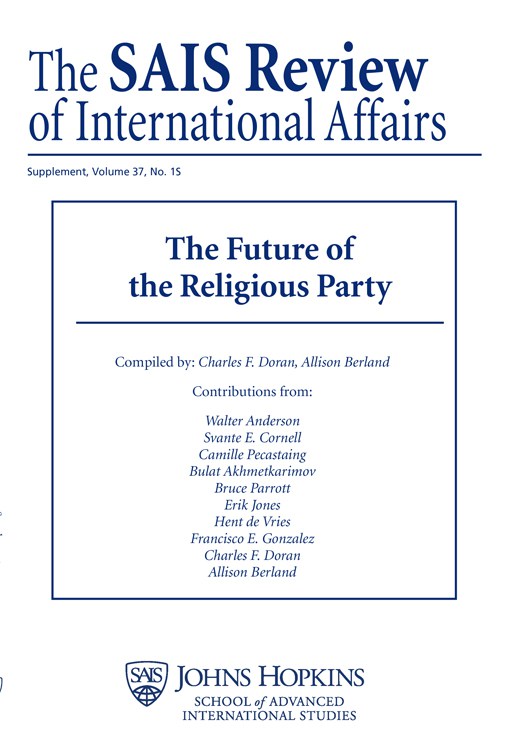America, EU, Japan: Time to Reunite Afghanistan with Central Asia
By S. Frederick Starr
With respect to Afghanistan, the United States, Europe, Japan, South Korea and the major international financial institutions are all caught in a time warp. Dating back a century and a half, this distortion today impedes Afghanistan’s development as a normal country. No less, it helps isolate the other countries of Central Asia from a nearby major market, the Indian subcontinent and Southeast Asia, and pushes the other countries of Central Asia into a one-sided relationship with their former imperial overlord, Russia. It’s time to correct this long-standing mistake.
Why Central Asia Counts
By S. Frederick Starr
Both Asia and the West have failed to come to grips with Central Asia, and both are now paying a price for this failure. True, it’s easy to ignore a region that until recently appeared only on the western fringes of maps of Asia, the eastern fringe of maps of Europe, or the southern fringe of maps of Russia. But as we start to view the Eurasian landmass as a single continent, Eureka! There is Central Asia, square in the centre!
Central Asia is not a Breeding Ground For Radicalization
Both in Europe and the United States, this argument is made with increasing frequency but it doesn’t reflect reality.
On October 31, a citizen of Uzbekistan was arrested for the terrorist attack in New York City that led to the death of eight people. The attack drew parallels to a similar truck attack earlier this year in Stockholm, as well as terrorist deeds in Istanbul and St. Petersburg. In these cases the perpetrators were of Uzbek origin. In addition, over 2,000 Central Asians have taken part in the civil war in Syria, fighting for jihadi organizations like the Islamic State or the Nusra Front. Is Central Asia a breeding ground for extremism?
Dealing With Turkey: Taking the Long View
Dealing With Turkey: Taking the Long View
By Svante E. Cornell
October 31, 2017
The U.S.-Turkish relationship has recently become so bad that analysts in both countries now wonder if it is beyond repair. There are good grounds for the worsening of this relationship, not least President Tayyip Erdoḡan’s increasingly blatant anti-Americanism. But going forward, American leaders must not make the mistake of equating Turkey with Erdoḡan. They must devise a policy that maintains a long-term view of Turkey as an American ally.
A Religious Party Takes Hold: Turkey
 A Religious Party Takes Hold: Turkey
A Religious Party Takes Hold: Turkey
Svante Cornell
Turkey has a unique position in the Muslim world as a country that held the Caliphate for several hundred years but then turned into a secular republic. Over the past ninety years, Islam has coexisted uneasily with the Turkish state, which has tried both to co-opt and suppress a powerful political Islamic movement that began gathering force in the 1960s. Turkey is unique in the fact that a movement rooted in political Islam managed not only to come to power in democratic elections, but proved able to stay in power and continue to win elections for over a decade. Whereas this aspect of the Turkish experience is widely lauded by Western observers, there is nevertheless another side to the coin. As the power of Recep Tayyip Erdoğan and his Justice and Development Party (AKP) grew, they also turned increasingly authoritarian and Islamist. Turkey’s experience is indicative of the broader nature of “moderate” political Islam, and its relationship with democracy; it suggests that “moderate Islamism” has embraced the mechanics of electoral democracy but not its fundamental values.

